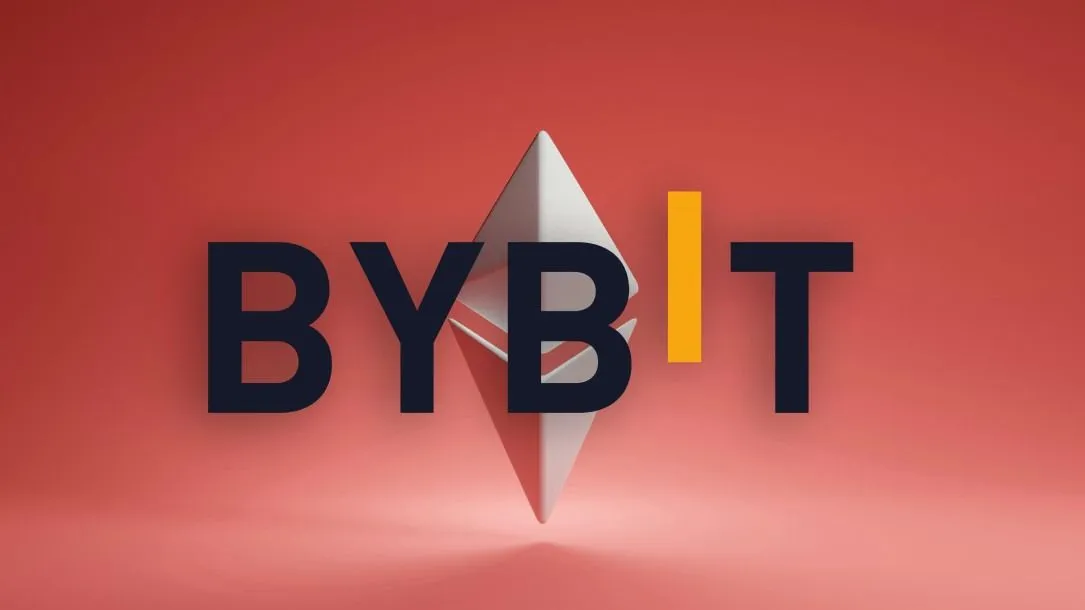Bybit CEO Explores Ethereum Blockchain Rollback After Record-Breaking $1.4 Billion Hack
Introduction
On February 21, 2025, Bybit, one of the world’s largest cryptocurrency exchanges, suffered a historic $1.4 billion hack, prompting its CEO, Ben Zhou, to discuss drastic measures—including the possibility of rolling back the Ethereum blockchain—to recover the stolen funds. The unprecedented exploit, attributed to the North Korean Lazarus Group, has reignited debates about blockchain immutability, security, and the trade-offs of centralized exchanges in a decentralized ecosystem. As of February 22, 2025, Zhou’s comments have fueled both industry speculation and community division.
The Bybit Hack: A Record Heist
Details of the Exploit:
-
The attack targeted Bybit’s Ethereum cold wallet, draining over $1.4 billion in liquid-staked Ether (stETH), Mantle Staked ETH (mETH), and other ERC-20 tokens. Blockchain analysts, including Arkham Intelligence and ZachXBT, traced the theft to Lazarus Group, known for prior hacks like the $600 million Ronin Network breach.
-
The hackers employed a sophisticated method, spoofing a legitimate transaction with malicious smart contract code. This deceived wallet signers into approving the transfer, emptying the wallet to an unidentified address.
Bybit’s Response:
-
Zhou assured users that Bybit remains solvent, with reserves exceeding liabilities, and secured an $80 million bridge loan to maintain operations. On February 22, he announced a 10% bounty program (up to $140 million) for white hat hackers aiding fund recovery and confirmed that withdrawals had returned to normal after processing over 350,000 requests in 10 hours.
The Rollback Proposal
Zhou’s Stance:
-
In discussions with Cointelegraph and during a livestream, Zhou revealed that Bybit is exploring all avenues to reclaim the funds, including talks with Ethereum co-founder Vitalik Buterin and the Ethereum Foundation about a potential blockchain rollback. He noted, “I’m not sure if it’s one man’s decision. Based on the spirit of blockchain, maybe it should be a voting process to see what the communities want.”
-
Zhou referenced the 2016 DAO hack, where Ethereum underwent a hard fork to reverse $60 million in stolen ETH, splitting the chain into Ethereum (ETH) and Ethereum Classic (ETC). He suggested this precedent could apply, though he acknowledged the complexity of today’s ecosystem.
Community and Expert Reactions:
-
Support: BitMEX co-founder Arthur Hayes publicly endorsed the idea, asking Buterin on X if he’d consider a rollback, arguing, “We already voted no on immutability in 2016.” Fold App CEO Will Reeves called it a “critical feature” to maintain ecosystem trust.
-
Opposition: Critics argue that Ethereum’s interconnectedness—with bridges, stablecoins, Layer-2s, and real-world assets—makes a rollback impractical and disruptive. Polynomial.fi co-founder Gautham Santhosh noted, “A rollback would break too much now, unlike 2016.” X posts echoed this, with some asserting the hack was Bybit’s failure, not Ethereum’s, and thus not justification for altering the chain.
Feasibility and Implications
Technical Challenges:
-
Unlike 2016, a true “rollback” on Ethereum’s account-based system is impossible without a hard fork. This would require node operators to adopt new software, moving funds to pre-hack states—a process far more complex given today’s $500 billion ecosystem versus 2016’s $1 billion market cap.
-
The hack’s scale (over 400,000 ETH, worth roughly $1 billion at $2,641 per ETH) and its laundering through mixers like Tornado Cash further complicate recovery via chain alteration.
Broader Impact:
-
Immutability Debate: A rollback would challenge Ethereum’s claim to decentralization and immutability, potentially undermining user trust and inviting regulatory scrutiny, especially under a crypto-friendly Trump administration.
-
Market Volatility: Ethereum’s price dropped 4% post-hack to $2,641.41, with analysts warning that rollback rumors could exacerbate swings if perceived as a sign of instability.
-
Centralized Exchange Risks: The incident highlights vulnerabilities in centralized platforms, boosting advocates for self-custody and prompting questions about Bybit’s security practices despite its $16 billion pre-hack asset base.
Conclusion
Ben Zhou’s contemplation of an Ethereum rollback underscores the desperation following Bybit’s $1.4 billion loss—the largest crypto hack in history. While the idea draws from Ethereum’s past, the ecosystem’s evolution since 2016 suggests a hard fork would be less a solution and more a Pandora’s box, risking fragmentation and trust. As Bybit pursues recovery through bounties, law enforcement, and industry support, the rollback debate tests the balance between damage control and blockchain principles. For now, Ethereum’s fate rests not just on technical feasibility but on the community’s willingness to revisit its foundational ethos.



